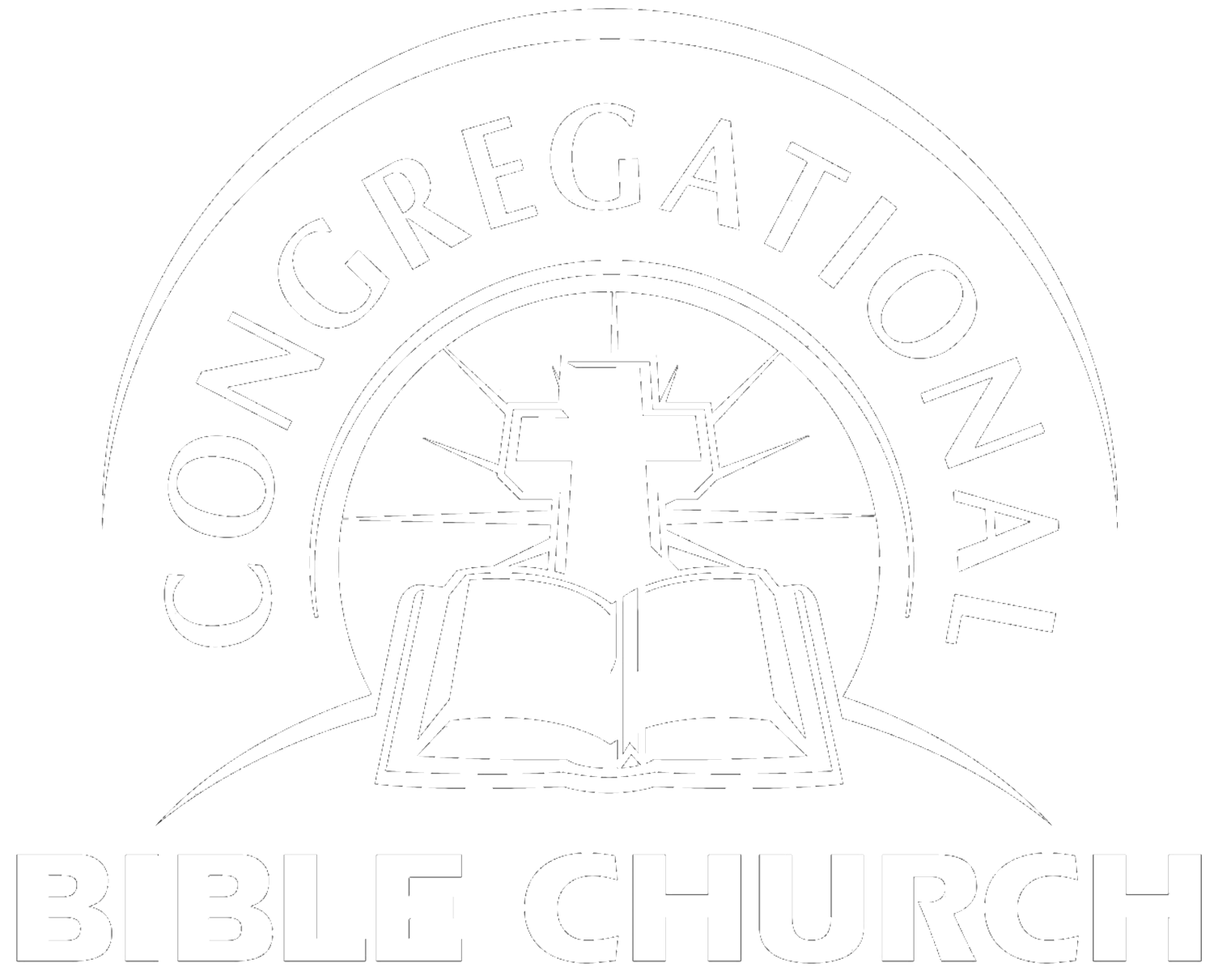Protestant Reformation
The year 2017 is a big one in the history of the Christian church. It is the 500th anniversary of the beginning of the Protestant Reformation. On October 31st, 1517, a German monk named Martin Luther nailed a document to the doors of the Catholic church in Wittenburg, Germany. The document was called the 95 Theses and it was a list of Luther’s complaints and disputations regarding his views of the Catholic Church as a whole, not the local church in Wittenburg. The act of nailing a document was nothing unusual or shocking; this was the normal procedure for initiating a debate. Luther thought he would have the church’s support in exposing the evils in the corrupt system, but it did not bring about the scholarly debate he was hoping for. Instead, the Protestant Reformation was begun.
When we say the word ‘protestant’ what does that mean? And what is a reformation? Let’s define some terms as we discuss the Reformation. A reformation is the act of amending or improving by removing or correcting faults and abuses. A protestant is a person who protests; a dissenting opinion from within a group. Therefore, when we use the phrase Protestant Reformation, we are referring to the religious movement that began in the 1500’s that was marked by a rejection or debate of formal Catholic doctrine and the establishment of independent, protestant churches. The entire movement lasted about 150 years. You are at Congregational Bible Church today thanks to the Protestant Reformation.
What exactly were Martin Luther and the other Protestants protesting? Well, let’s go back to the early church that we read about in the New Testament. Those churches were independent (they followed no formal hierarchy), they had two offices of deacon and elder, and they celebrated the two ordinances the Lord prescribed (baptism and the Lord’s Supper). As the years went by and the purity of the New Testament church downgraded, so did the doctrine as well. Emperor Constantine ruled in 313 AD but he was also the head of Christianity as well, which resulted in Christianity being a national requirement instead of personal faith in Jesus Christ. This notion of one leader over Christianity continued and fostered the rise of the Pope. Church doctrine continued to downgrade and by 325 the following doctrines were disputed and/or flat out rejected: the Bible as sole authority, the two ordinances, independent local churches, saved church members, separation of church and state, and Biblical preaching. As the secular power of church leadership grew, so did corruption and immorality. This is where Luther found most of his grievances.
The control of the Pope was elaborate and one of complete domination. The Pope could decree universal church law, he could excommunicate, and he had an elaborate taxation plan lobbied against the people. One of these money making ventures by the Catholic Church was the selling of indulgences. An indulgence was an official pardon, formally granted by the Catholic Church, given to sinners for a certain price. Basically, if you gave the church enough money, you could be forgiven of any and all sin. The church financed the building of St. Peter’s Basilica on the selling of indulgences and this practice horrified Martin Luther.
The vast majority of his 95 Theses argues against these indulgences. Luther was basically attacking the Pope, and he did it in a sarcastic and angry tone. Of course, Luther’s protest did not bring about honest discussion or self-reflection from the Catholic Church, but instead, a declaration of Luther being a heretic. To attack the church or its abuses was an attack on the entire system. The Protestant Reformation was born.
As I said before, you are in an independent Christian church because of Reformers like Martin Luther. I have decided to dedicate this entire year of Voice articles to the Protestant Reformation to commemorate the 500th anniversary. Each month we will hear about one Reformer and his contribution to the Reformation and Christianity in general.
Pastor Mark Scialabba


